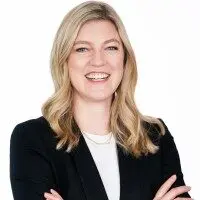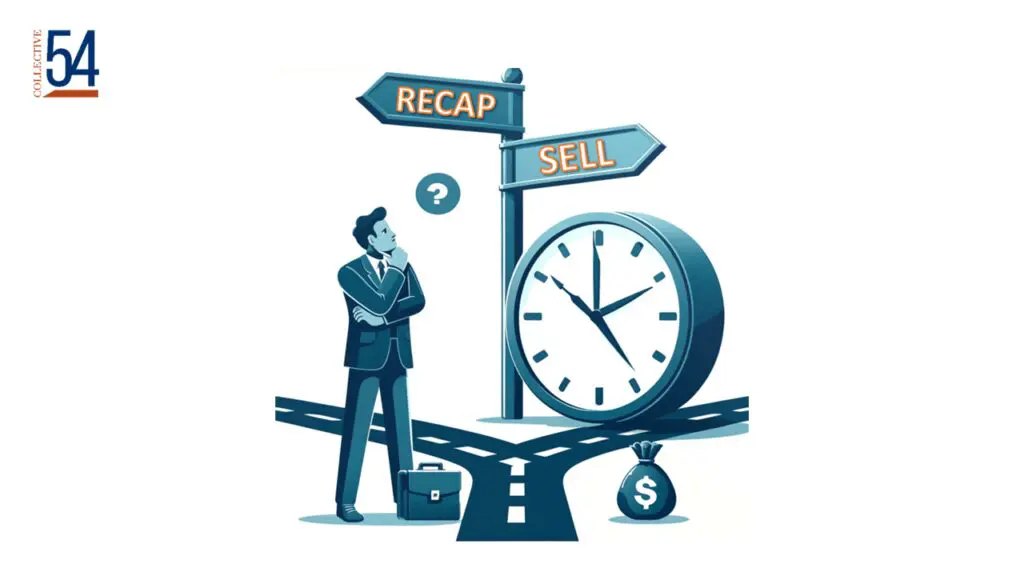A Strong ICP Is How You Scale, Not Just How You Sell
Ask a founder if they have their Ideal Client Profile figured out, and most will say yes without hesitation. Ask their team, and you’ll hear a dozen different versions. That’s the problem. A vague or outdated ICP can’t guide decisions. It doesn’t scale. And it doesn’t protect the firm when the pipeline dries up.










